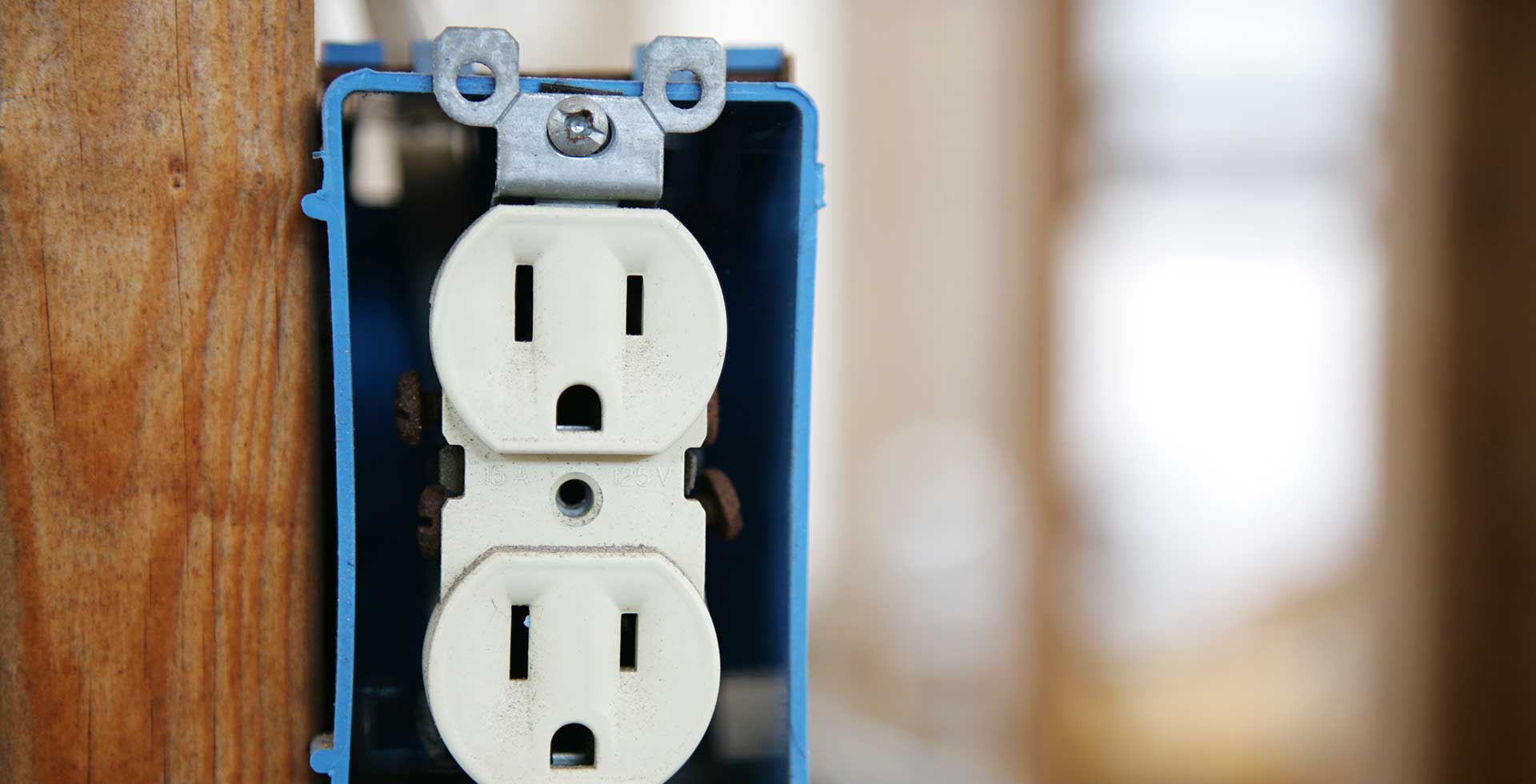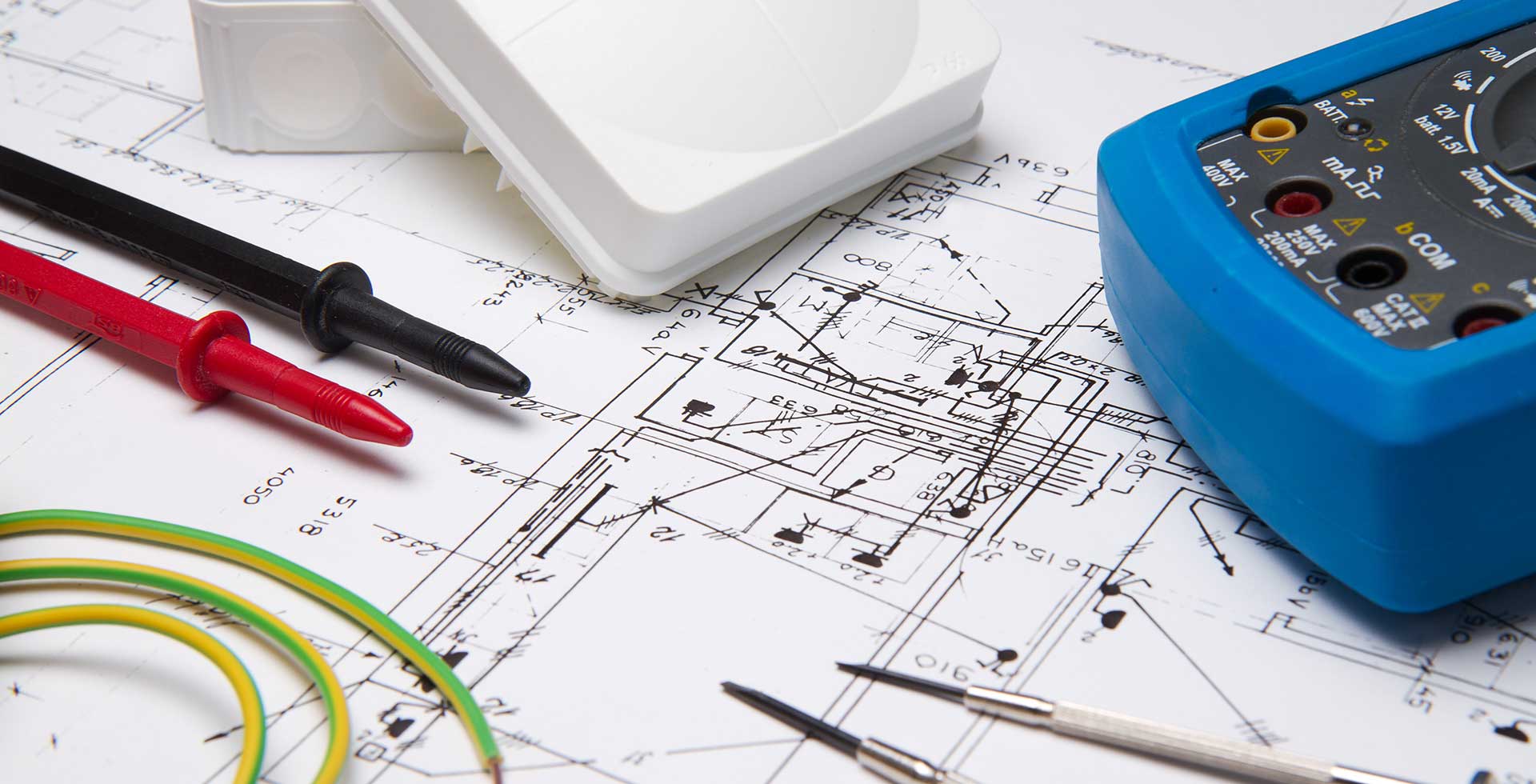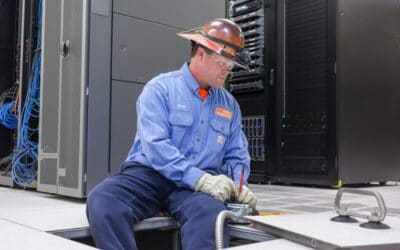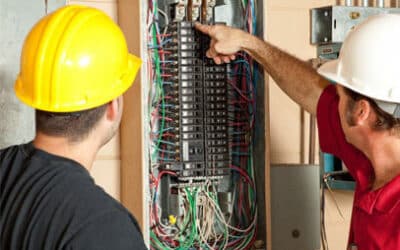There is an emerging growth in the number of electric vehicles (EVs) globally, with a reported 16.5 million units on the road in 2021 – a 300% increase from 2018. In the US alone, EV registrations surged 60% in the first quarter of 2022 alone, led by Tesla and Ford. A reported 80,900 EVs were registered in Texas by the end of 2021.
Just like in the past when gas stations popped into every imaginable location to provide fuel for old-fashioned automobiles, EV charging stations become imperative to conveniently keep EVs running. But unlike gas stations that occupy a considerable area and require road accessibility, EV charging stations can be installed in your home or in commercial zones.
Installing an EV charging station where your EV would likely be parked while not being driven is the most practical decision if you want to keep your EV road-ready at all times.
You might be asking yourself if it is practical to install an EV charging station at home? Does it also pay off to have one in your business establishment? Let’s dive into the benefits and costs of installing an EV charging station.
1. Convenience
According to reports, 80% of EV drivers charge their vehicles at home, usually overnight. Those who install an EV charging station at home develop the habit of plugging in their automobile to charge at night, just as they would their cell phone. You won’t need the car (or phone) while sleeping, so you take advantage of the downtime and know you will be completely set to go in the morning. Additionally, deciding to install an EV charging station at home saves you the time needed to drive to a public charger and waiting — sometimes for hours — while the EV gains enough range for your needs
2. Cheaper
When fuel prices averaged $3.50 per gallon, driving an EV was already cheaper per mile than driving on gas. Most individuals, however, install an EV charging station at home and use it overnight when there is less demand on the grid, and sometimes electricity is cheaper at night as well. Conversely, individuals utilizing public charging stations are often using more expensive power during the day.
Besides recouping the cost of the power, public charging station owners, like other companies, include their overhead into their charges. These expenses include rent or mortgage payments, charging station charges, maintenance, and revenues. Even free public charging stations at malls, restaurants, and other locations cost time and money because you will most likely spend money while inside.
3. Better Battery Life
EV manufacturers advise limiting your use of a Level 3 fast charger. According to research, regular supercharging degrades an EV battery faster than lower-level chargers. That isn’t to say you shouldn’t take advantage of an unoccupied fast charger on a road trip to get back on the road sooner, but utilizing a Level 3 fast charger has been found to reduce battery life. Tesla has even programmed its vehicles to restrict charging speeds if they are overcharged.
It is crucial to know your battery type and what is most efficient and effective to extend its life. Not all EV batteries can support Level 3 charging.
4. Increased Property Value
Making EV charging stations available to tenants is a way for property owners to differentiate their buildings and attract tenants. With most charging occurring at home and many car manufacturers planning to phase out gas-powered vehicles, residents of multifamily buildings will soon demand the installation of an EV charging station or relocate. The demand for electric vehicles will skyrocket in the next year or two.
As a business owner, having a public charging station at your establishment definitely means another source of revenue, directly (if paid) and indirectly (drivers would spend money at your place while waiting for their EVs to charge).
With these benefits, it is definitely worth having an EV charging installed. EV charging station installations usually range from $500 to $1500 and up for homes and $500 to $5000 and up for commercial premises, depending on the location of the charger, the panel type, distance from the panel, electrical upgrades needed to handle the additional power, etc.
The most important thing is to always make sure to find a professional electrician that knows what they are doing and is also certified as a Tesla Wall Connector Approved Electrician to do the installation. They are well-equipped to handle the job, as this is not something that you should DIY.










Recent Comments